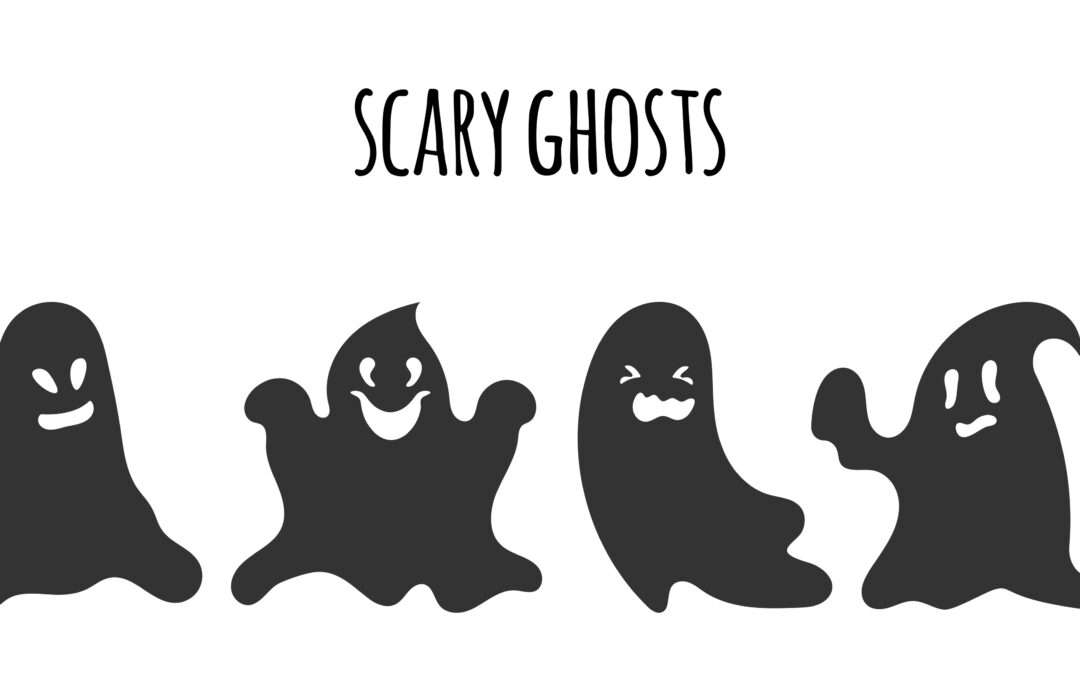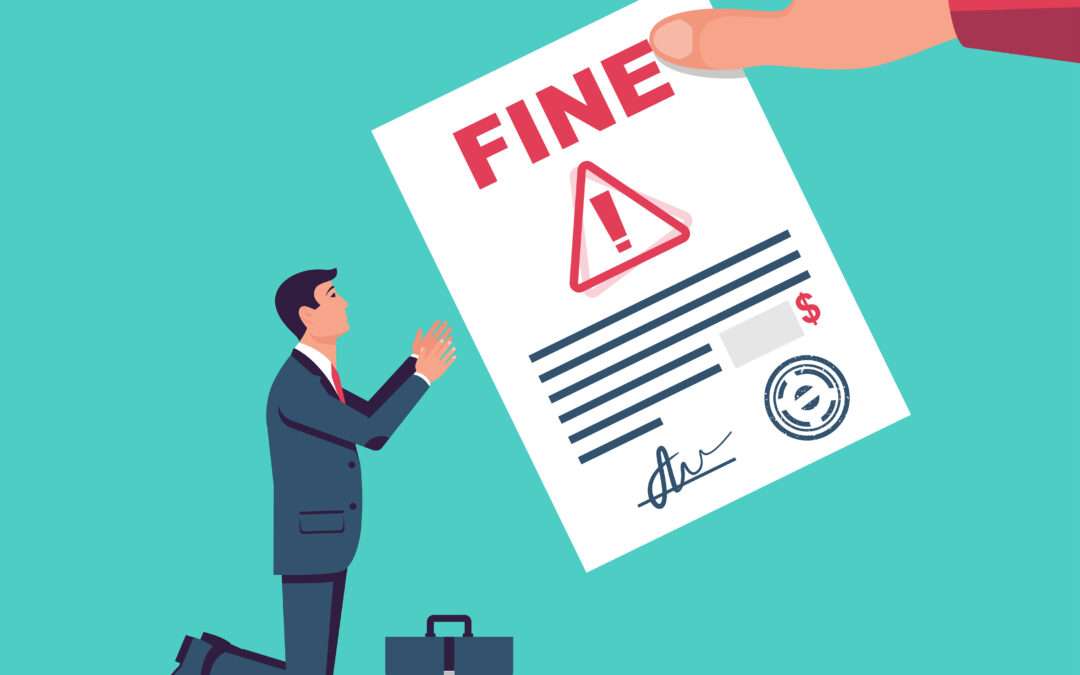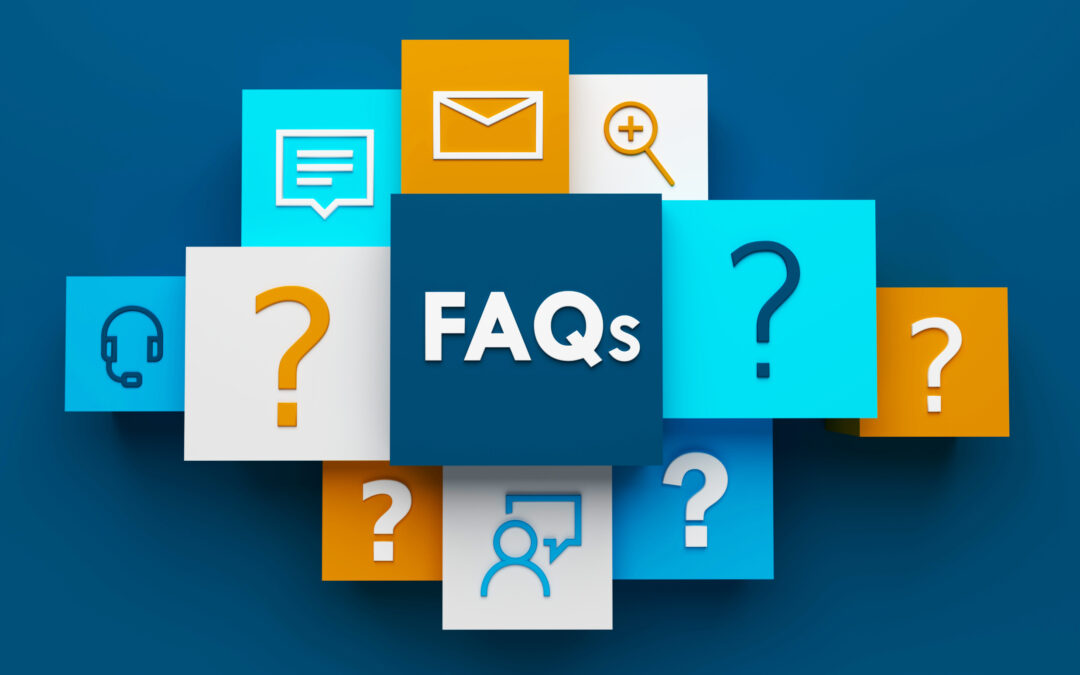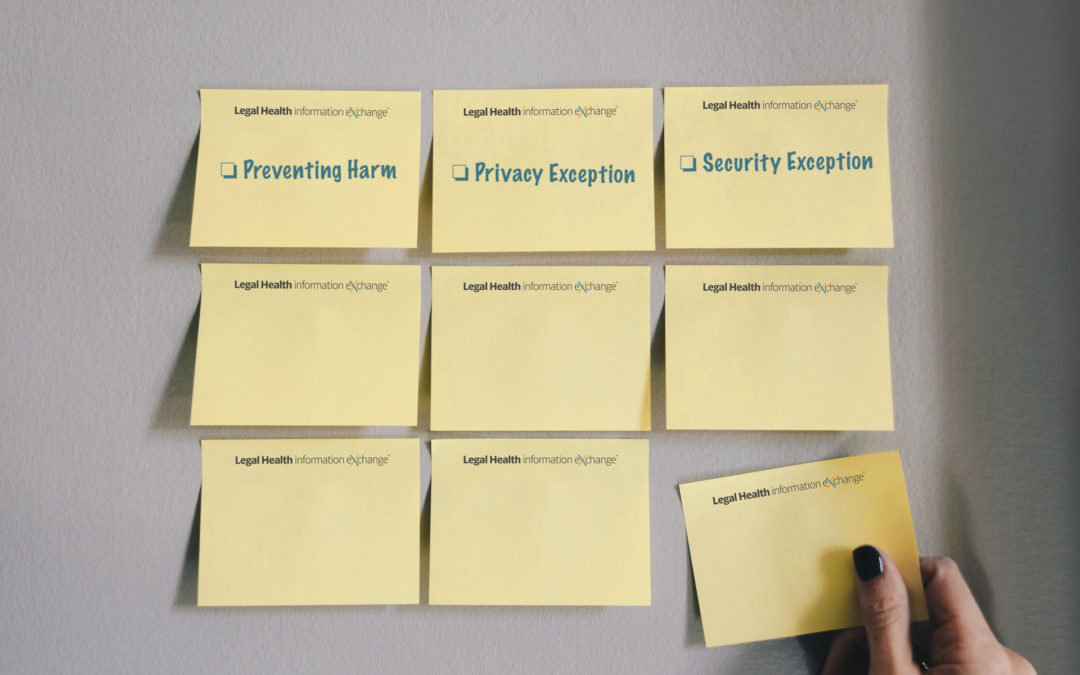The landscape of health IT regulation just took another significant leap forward. In the final days of 2024, federal regulators dropped two game-changing rules—HIT-2 and HTI-3—adding to the foundation set by HTI-1. Together, these regulations are reshaping how healthcare organizations approach interoperability, data sharing, and compliance in an era of rapidly evolving technology. But what do these latest rules really mean for healthcare providers, developers, and patients? Let’s break down the impact and key takeaways you need to know.














